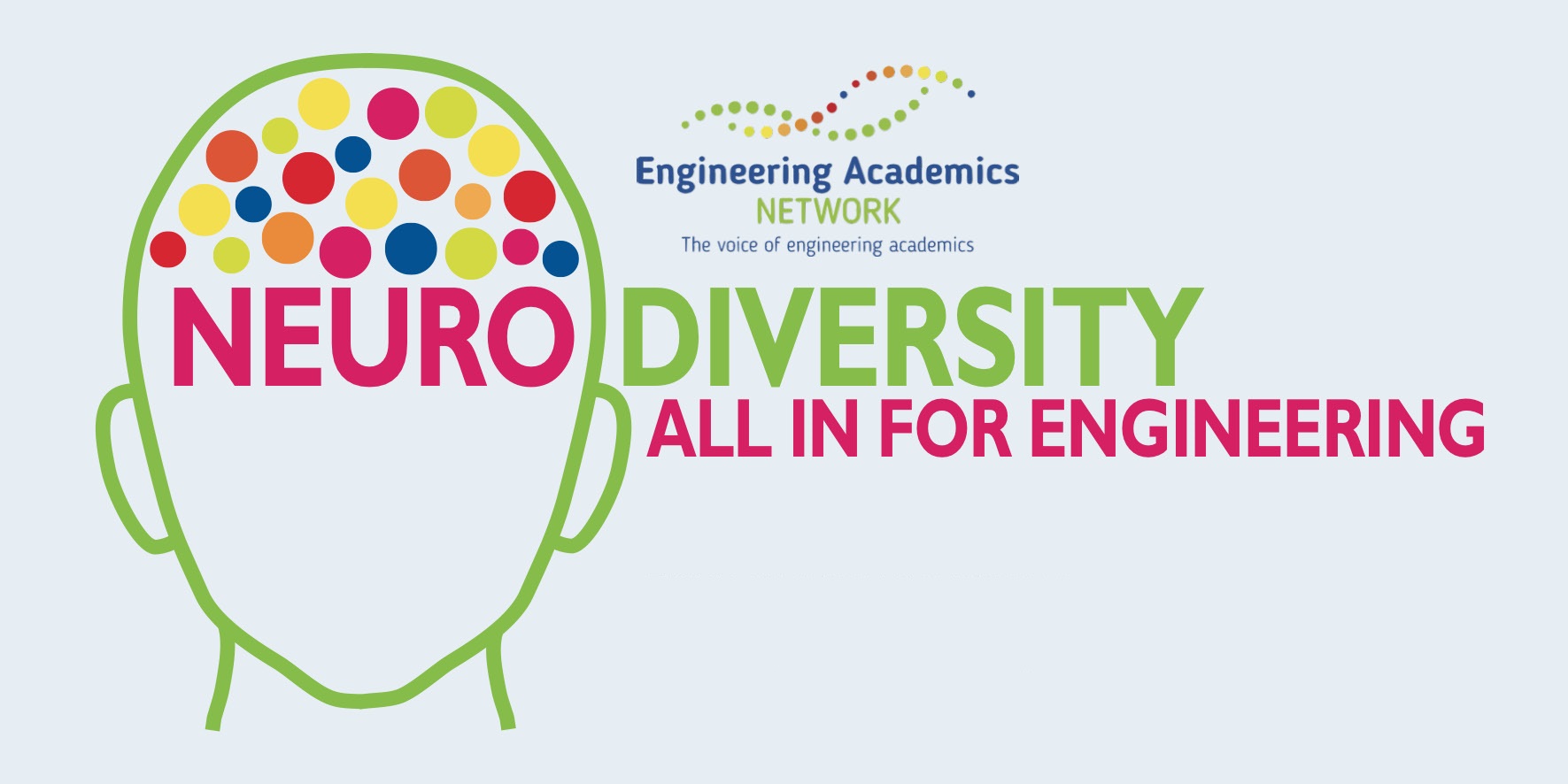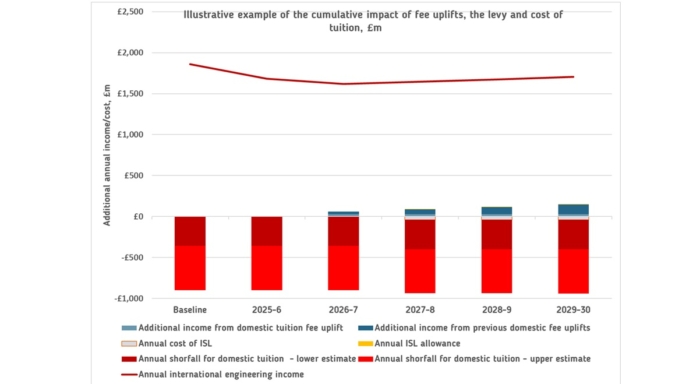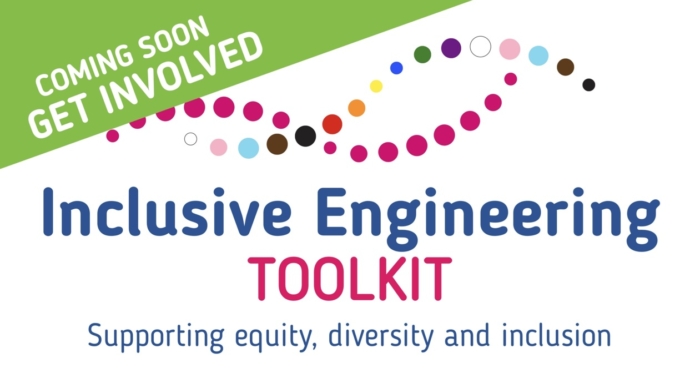The EPC believes that an inclusive and positive university experience for neurodiverse engineering students is fair, healthy, and what the engineering profession – and society – needs. Universities and engineering faculties have varying responses to the needs of their neurodiverse students, from the legally dubious to those which allow individuals to genuinely flourish.
Our work continues on a neuro-inclusion maturity framework for engineering education to capture and assimilate the range of contemporary HE engineering responses to the needs of their neurodiverse students. In going about this, we are committed to an approach of co-design – working with a community of students, academics, and professional services colleagues to shape a maturity framework that will help universities to understand and improve their own neuro-inclusive practices.
How you can help
We are currently seeking to recruit participants for a Delphi panel to build consensus around the framework itself over the next few months. If you would like to volunteer for this, please complete this form. Please spread the word if you know other colleagues or neurodiverse students who would be interested in participating. We are committed to maintaining a balance of voices in this work and are particularly interested in hearing from professional services colleagues and students, as well as engineering academics.
Work to date
In June, we co-hosted a ‘Co-Designing a Neuro-inclusive Future’ event with the Dyson Institute. At the event, we brought together teams from more than 10 different universities to start to define a neuro-inclusion maturity framework for engineering education. By the end of the day, we had identified the domains that would be in such a framework and have started to populate the extremities in such a framework. We agreed next steps, and above, all have established a productive co-design approach where different people are treated as equal members in the design process, recognising that relevant experience and expertise lies in many different places. We wanted students to be meaningful collaborators in this work – thinking about this with them rather than for them, so we brought together students, professional services colleagues, and academics from the very beginning,
In July, we co-hosted a webinar to move the work forward and include those who prefer to engage in a different way to the approach used so far. We shared back what happened at the co-design event, completed another co-design activity, and continued building a community of people who want to see engineering education become more inclusive. This has produced four development groups to support the collection of supporting material, on authentic voice, definitions, resources and assessment. If you would like to contribute to these working groups, please contact us.




